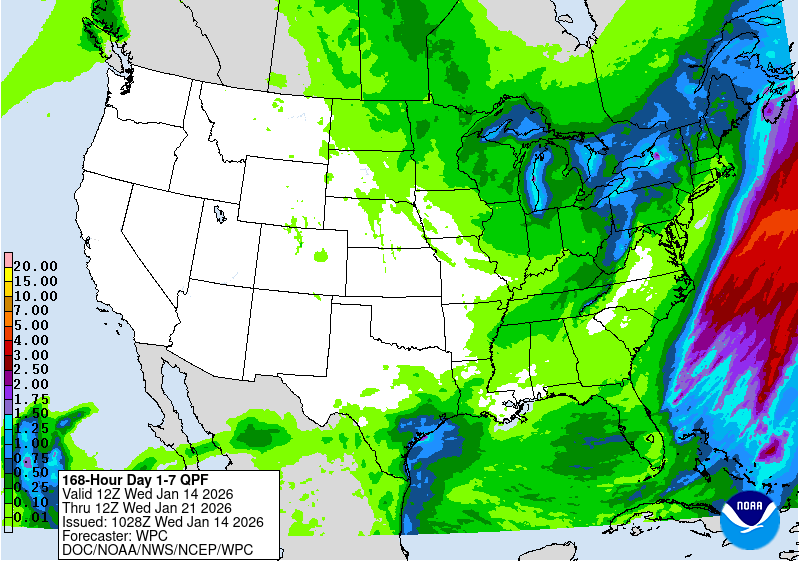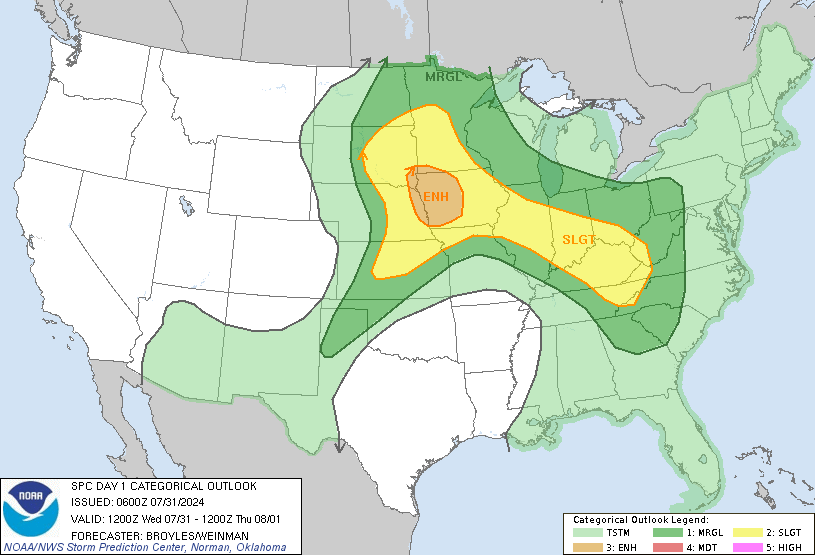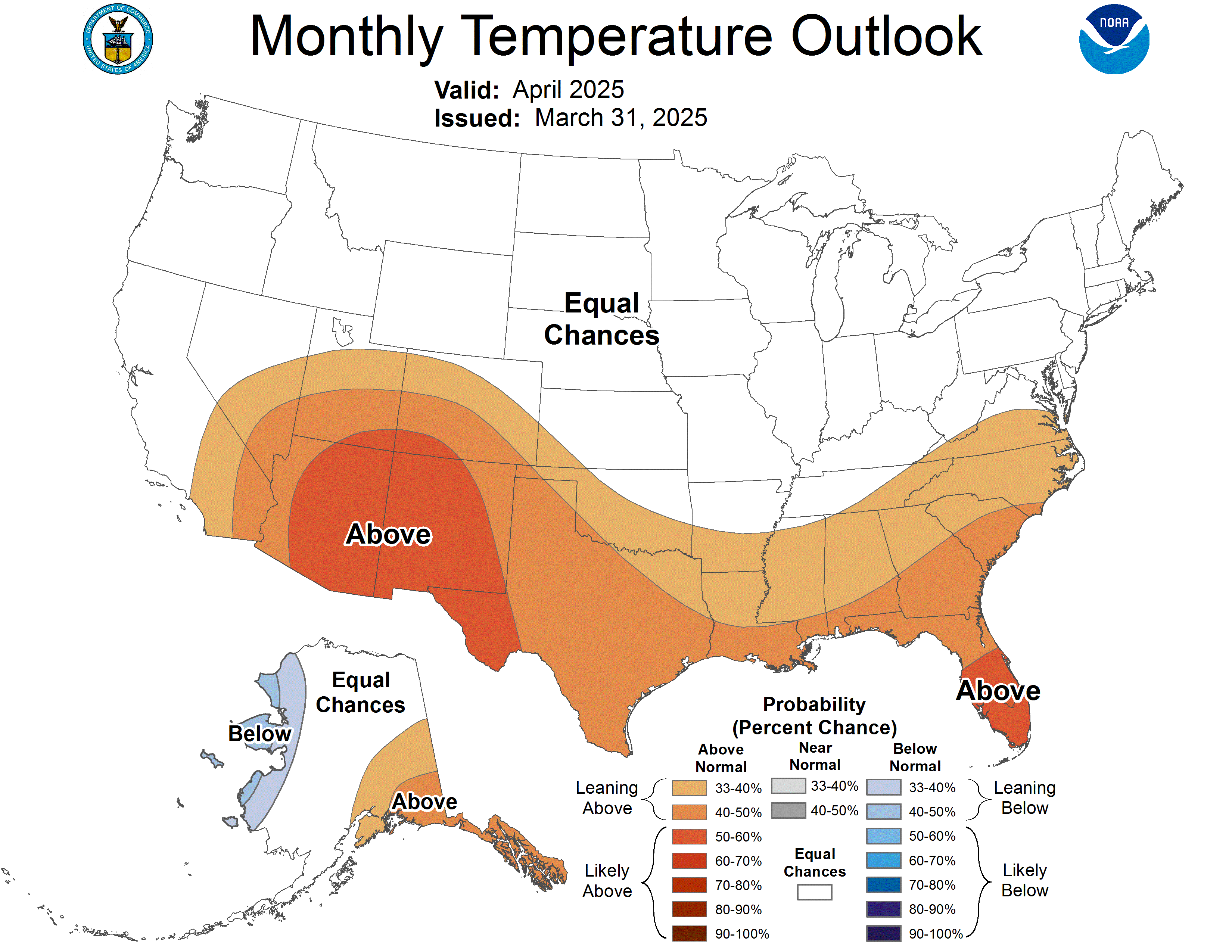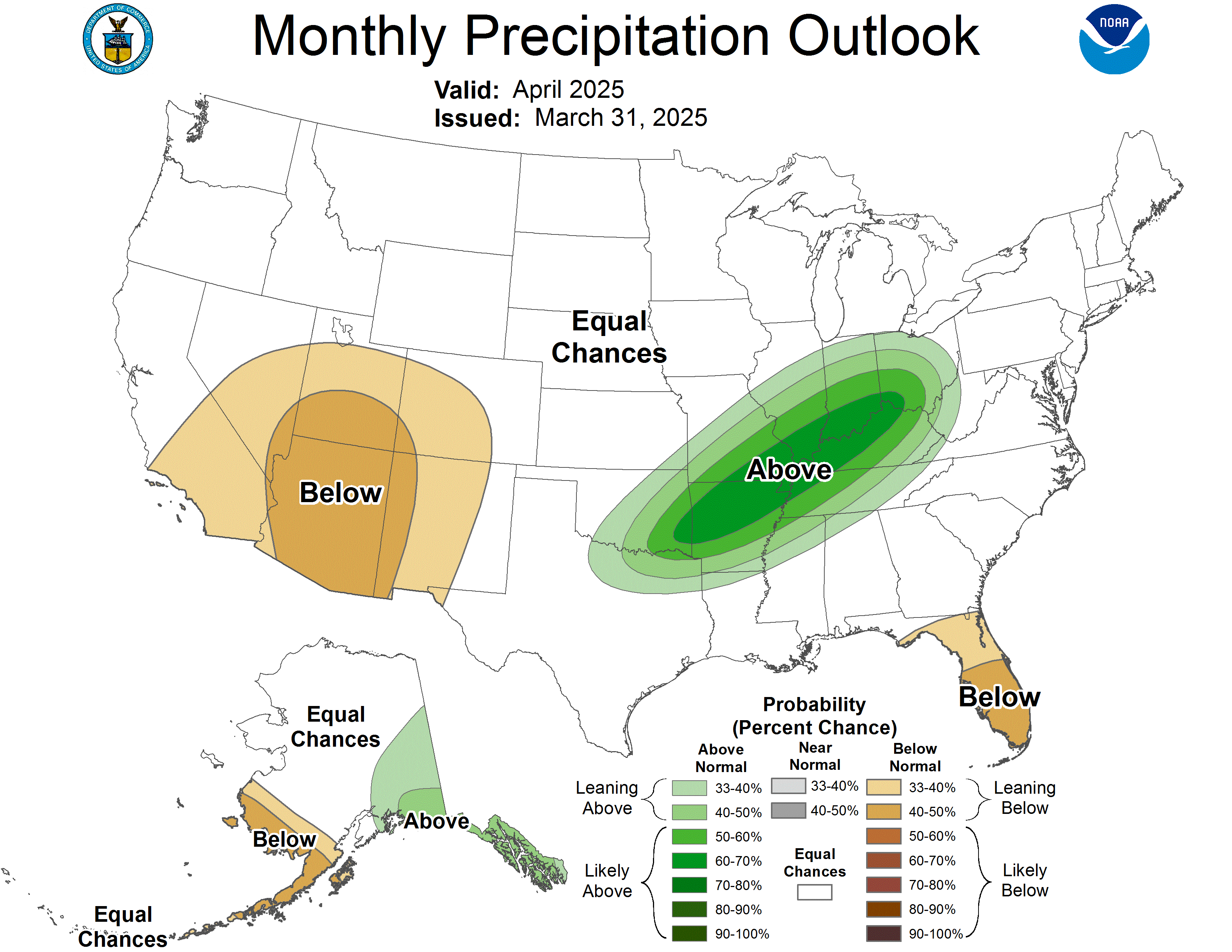Workshop Goals
Goal #1: Enhance teacher attitudes and build interest in the Masters of Disaster (MoD) curriculum.
As a result of attending the workshop we want teachers to favorably view the MoD curriculum and to have interest in it as an essential curricular tool for teaching students about weather science and safety. As a minimum goal standard we want teachers to be able to describe what the MoD curriculum is and to see it as a valuable resource for teaching. As a maximum goal, we want teachers to be very familiar with MoD such that they regularly use the full lessons of the curriculum and also are MoD Ambassadors in building the interest of other teachers who are unfamiliar with MoD.
Goal #2: Increase teacher knowledge about the MoD weather science and safety curriculum.
By attending the workshop we want teachers to become more knowledgeable about the MoD curriculum. We specifically expect teachers to learn: what topics make up the MoD curriculum, the organizational format for the MoD curriculum, the teaching resources that accompany the curriculum, how particular MoD units may be integrated into the curriculum teachers are responsible for delivering
Goal #3.1: Increase usage of the MoD curriculum by teachers in participating districts.
By increasing both teacher interest and knowledge regarding the MoD curriculum, we want Brantley, Calhoun, and Glynn County teachers to use the complete lessons from the modules on: Be Disaster Safe, Lightning, Tornadoes, Hurricanes, Floods, In the Aftermath, and Facing Fear as these become relevant throughout the school year (or as needed, given weather events). Relatedly, we want the MoD modules and lessons to become regularly used resources by Brantley, Calhoun, and Glynn County teachers.
Goal #3.2: Disseminate information about the MoD to teachers who did not participate in the workshop.
In addition to regularly using the MoD modules in their own classrooms, another project goal is to have teachers who attended the workshop to share the MoD curriculum with teachers who did not attend. We want the Brantley, Calhoun, and Glynn County teachers to become MoD Ambassadors and to promote the curriculum to other teachers so that they and their students can benefit from learning about weather science and safety.
Related Project Goals
Goal #4: Evaluate teacher use of MoD after attending the workshop.
During the next academic year (2011-2012) the project faculty want to document the quantity and quality of teachers' instruction based upon the MoD modules. How often do workshop teachers use the MoD lessons? How much do teachers use all or part of the MoD modules and lessons? How do students appear to receive the instruction provided?, among other questions. This evaluation goal reflects the extent to which the Brantley, Calhoun, and Glynn County workshops have helped teachers to learn about and to be ready to deliver MoD curricular modules (i. e., that Goals 1 through 3.1 above were met).
Goal #5.1: Evaluate changes in student weather science and safety knowledge.
By assessing the weather science and safety knowledge of students both immediately before and just afer the delivery of a MoD module, to what extent do students evidence an increase in their grade-appropriate knowledge of weather science and issues of safety regarding lightning, tornadoes, hurricanes, and floods? This evaluation goal reflects the extent to which both teachers and students have been impacted by increased knowledge of weather science and safety concepts.
Goal #5.2: Evaluate changes in student and family weather safety behavior.
If Brantley, Calhoun, and Glynn county teachers and their students have increased their knowledge and awareness of weather science and safety issues for lightning, tornadoes, hurricanes, and floods, to what extent is this learning reflected in the students weather safety behavior? Relatedly, do students make a home connection with the family so that there are posstive, adaptive changes in the weather safety behavior of the student's family members?






